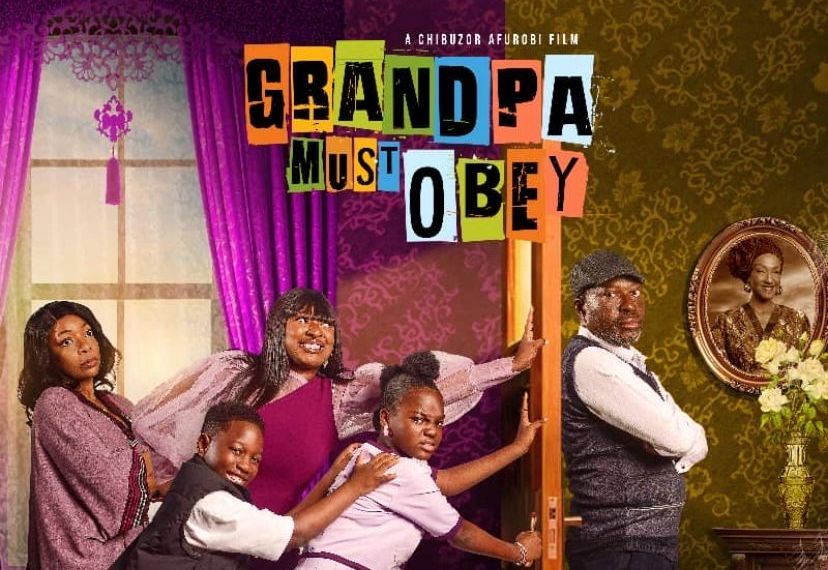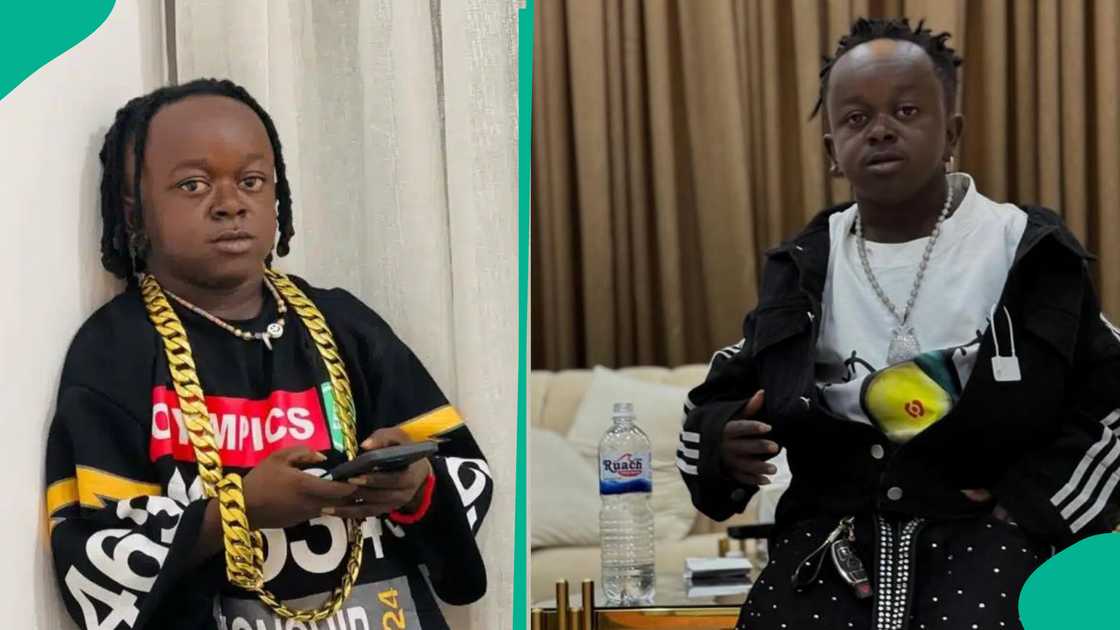Slimcase, popularly known as the ‘Otunba Lamba’ and a mainstay figure on Nigeria’s street-hop scene, has sparked a fresh debate around what he describes as a creative standstill in the booming Afrobeats industry. While global appreciation for Afrobeats has soared—with Nigerian artistes filling major venues and dominating streaming charts—Slimcase argues that the non-stop rush to release music may be stripping the genre of its spark.
The Lagos-born musician, revered for propelling street anthems and defining the energetic “Shaku Shaku” wave, didn’t hold back in his latest commentary. According to multiple sources and a now-deleted social media post, Slimcase’s words challenge many powerful players in the industry to consider a change in pace.
Why Slimcase Urges Afrobeats Artists to Emulate Rihanna’s Approach

Using his Instagram Story—which has since been taken down but remains widely shared by followers and entertainment blogs such as YabaleftOnline—Slimcase aired his concerns about today’s music climate in a candid, Pidgin-laced rant that resonated with many fans.
He criticized what he sees as an overwhelming and unhealthy race among Afrobeats artists to keep feeding the market with back-to-back singles and albums. As he pointed out, this non-stop pressure could be taking a toll not only on the creatives but on the quality of the music itself.
“Too many songs and albums. Una too dey put una self for pressure for this Naija sha,” Slimcase stated, capturing the growing unease among some artists regarding the relentless work culture.
Rather than simply criticizing, Slimcase suggested a new path. He pointed to global pop icon Rihanna, well-known for her strategic breaks between projects, as the blueprint for longevity and creative freshness. In his words: “Take a chill pill and be like Rihanna. Do other things, come back to give us a fresh vibe.”

According to Slimcase, oversaturating the market does more harm than good and leads fans to lose interest: “Your sounds are getting boring because dem be coming too much in a year… Every day, and every second singles & albums dey kiiii afrobeats gradually it is not fun anymore,” he lamented, underscoring what some local music critics have cited as “release fatigue.”
Slimcase concluded by vowing to set his own example, saying, “I owe dem a song this year and that is it,” signaling a commitment to quality over quantity in his own musical output for 2025.
Who is Slimcase?

Oluwafemi Oladapo Oke-Eko, better known as Slimcase, made his start as a rapper but soon carved out a unique niche as a hype man and slang originator. He became the ‘Otunba Lamba’ renowned for his crowd-moving energy and popularising catchy phrases that defined the 2017-2018 street music wave in Nigeria. According to Lagos-based entertainment writer Ayo Ajayi, “Slimcase’s infectious vocal style and signature chants made Shaku Shaku a pan-African movement, with ripple effects reaching Ghana, Côte d’Ivoire, and beyond.”
The era’s soundtracks, like “Oshozondi”, quickly grew into street anthems, laying the foundation for Slimcase to become a sought-after collaborator. He brought life to hit tracks such as Eni Money’s “Diet” (with Tiwa Savage and Reminisce), D’Banj’s “Issa Banger” (featuring Mr Real), and Idowest’s “Shepeteri”. His rare ability to infuse energy and relatable lingo has inspired a new wave of street artistes across Nigeria and West Africa.
Despite these achievements, Slimcase’s recent criticism spotlights a paradox faced by many in Nigeria’s creative industries—balancing output to stay visible, while preserving artistic originality. As Ghanaian music industry analyst Kojo Mensah observes, “Nigeria’s output is unmatched, but the challenge is keeping music distinctive in an era of streaming-driven volume.” This discussion is especially relevant as more Afrobeats artists eye multi-country tours, cross-continental collaborations, and influential brand partnerships.
Industry Responses and How Local Fans Feel
Slimcase’s comments have generated conversations on social media, with some supporting the call for a slower, more intentional creative process. Lekki-based DJ and radio personality Amanda Uzo noted on X, “Not every artist can afford to work at Rihanna’s pace, but it’s true, Afrobeats needs new ideas, not just more releases.” Meanwhile, fans in Surulere and Ajegunle told NowahalaZone that the flood of new music makes it harder to keep up with their favourite artists, and several expressed nostalgia for when an artist’s single would dominate radio and clubs for months before the next release dropped.
Is Oversaturation Hurting Afrobeats?
The larger issue Slimcase raises mirrors a global conversation. Streaming platforms and digital distribution have made it easier than ever for musicians to drop music continuously, but some critics argue this can dilute cultural impact and listener loyalty. According to data from IFPI, Africa’s music streaming grew by more than 25% in 2023, but average song shelf-life on Nigerian charts reportedly shortened to just a few weeks.
Others, however, believe that frequent releases help artists stay relevant, especially in an industry where newer talents can go viral and gain fanbases overnight. As industry consultant Chuka Eze told ThisDay Newspapers, “Nigeria’s music scene is still so competitive that slowing down could risk losing your spot. The challenge is finding your own rhythm without burning out.”
Looking Ahead: Balancing Innovation with Output
As Afrobeats continues to define pop culture in Nigeria, Ghana, and well beyond, the path forward may lie in moderation. Nigerian music analysts point out that artists who pace their work—focusing on memorable singles and cross-genre experiments—often command longer-lasting influence, both locally and internationally. Slimcase’s bold critique opens up vital conversations about creative sustainability, innovative evolution, and the well-being of Nigerian artists amidst global attention.
What do you think: Should Nigeria’s music stars slow down or keep setting the tempo for the world? How has the rush to release music affected your playlist? Drop your thoughts in the comments, and don’t forget to follow us for more stories shaping Nigeria and Africa’s creative scenes.










